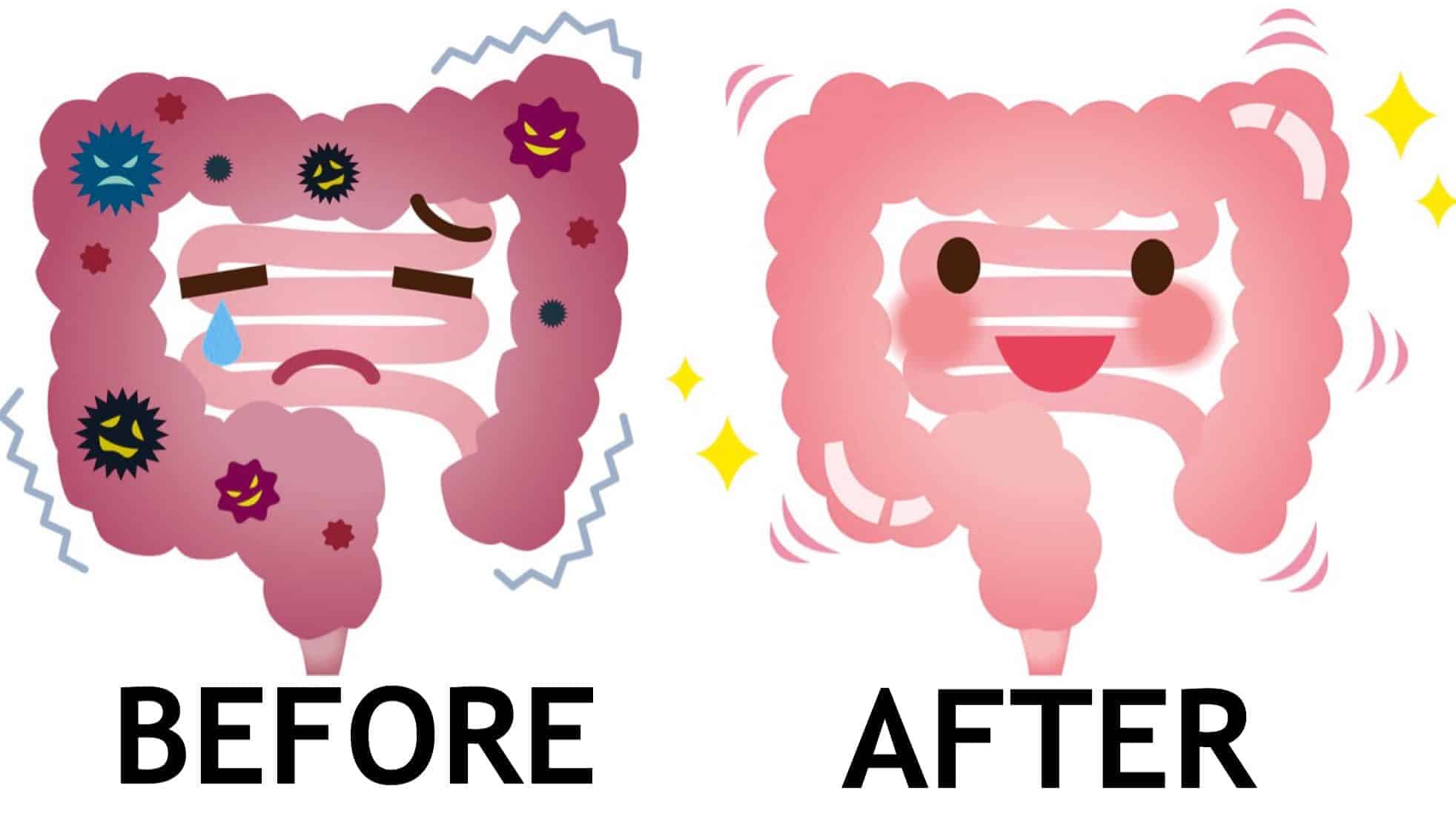How Many Pounds Of Waste Can Your Intestines Hold

The human body, a marvel of biological engineering, often becomes the subject of myths and misconceptions. Among the most persistent is the notion that the intestines can hold an astonishing amount of waste, potentially reaching upwards of 20 pounds or more. But how much of this is fact, and how much is fiction? The answer, it turns out, is far more nuanced than these sensational claims suggest, and understanding the reality is crucial for maintaining a healthy perspective on digestive health.
While the idea of carrying around pounds of impacted waste might seem alarming, the truth is that healthy intestines do not function as stagnant storage containers. This article will delve into the science behind digestion and elimination, consulting with gastroenterologists and referencing reputable research, to accurately determine the typical capacity of the intestines and dispel common myths surrounding waste accumulation.
The Intestinal Tract: Anatomy and Function
The intestinal tract, a key component of the digestive system, stretches approximately 25 to 30 feet in length. It's composed of the small intestine, where the majority of nutrient absorption occurs, and the large intestine (colon), responsible for absorbing water and electrolytes and solidifying waste.
The colon isn't simply a holding tank. It's a dynamic environment where bacteria ferment undigested food, producing gases and short-chain fatty acids. These processes contribute to the overall volume of material present.
Typical Capacity vs. Waste Accumulation
Determining a precise weight or volume of waste the intestines can "hold" is complex because it varies significantly between individuals. Factors such as diet, hydration, bowel habits, and underlying health conditions play crucial roles.
Dr. Linda Nguyen, a gastroenterologist at Stanford Health Care, explains, "The amount of stool in the colon varies greatly from person to person. There isn't a fixed number, and focusing solely on weight can be misleading."
Research suggests that a healthy colon typically contains anywhere from a few ounces to a few pounds of stool at any given time. This is significantly less than the often-cited figures.
Debunking the "Impacted Waste" Myth
The idea of impacted waste, a hardened mass of fecal matter stubbornly clinging to the intestinal walls, is a popular concept in some alternative health circles. However, mainstream medical science offers a different perspective.
While constipation can lead to a backlog of stool, causing discomfort and bloating, it rarely results in the extreme scenarios often depicted. Severe impaction, while possible, is usually associated with underlying medical conditions or medication side effects, not simply a buildup of normal waste.
"The colon is designed to efficiently move waste along," says Dr. Michael Cline, a gastroenterologist at the Cleveland Clinic. "Unless there's a structural problem or a motility disorder, significant impaction is uncommon."
Dietary Fiber and Bowel Regularity
A diet rich in dietary fiber is crucial for maintaining healthy bowel movements. Fiber adds bulk to stool, making it easier to pass and preventing constipation.
Fruits, vegetables, whole grains, and legumes are excellent sources of fiber. Aiming for the recommended daily intake can significantly improve digestive health and reduce the likelihood of waste accumulation.
Adequate hydration is equally important. Water helps soften stool and facilitates its movement through the intestines.
When to Seek Medical Attention
While occasional constipation is common, persistent changes in bowel habits, such as prolonged constipation, diarrhea, or blood in the stool, should be evaluated by a healthcare professional. These symptoms could indicate an underlying medical condition that requires treatment.
Self-treating with laxatives or colon cleanses without consulting a doctor is generally not recommended. These products can disrupt the natural balance of the gut and lead to dependence or other adverse effects.
A doctor can perform diagnostic tests, such as colonoscopy or stool analysis, to determine the cause of the symptoms and recommend appropriate treatment.
The Role of Gut Microbiota
The gut microbiota, the trillions of bacteria residing in the intestines, plays a vital role in digestion and overall health. These bacteria help break down undigested food, produce vitamins, and protect against harmful pathogens.
A balanced gut microbiota is essential for efficient waste elimination. Factors such as diet, antibiotics, and stress can influence the composition and function of the gut microbiota.
Consuming probiotic-rich foods, such as yogurt and kefir, or taking probiotic supplements may help promote a healthy gut microbiota and improve bowel regularity.
The Future of Gut Health Research
Ongoing research is constantly expanding our understanding of the complex interactions within the gut. Scientists are investigating the role of the gut microbiota in various aspects of health, including immune function, mental health, and chronic diseases.
Advances in diagnostic techniques, such as microbiome sequencing, are providing new insights into the composition and function of the gut microbiota. This knowledge could lead to personalized approaches to improving digestive health and preventing disease.
Ultimately, understanding the true capacity and function of our intestines, debunking myths, and embracing evidence-based strategies for maintaining gut health are crucial for overall well-being. While the intestines don't hold excessive pounds of waste as some might believe, respecting their delicate ecosystem through proper diet, hydration, and medical consultation when needed is key.


















